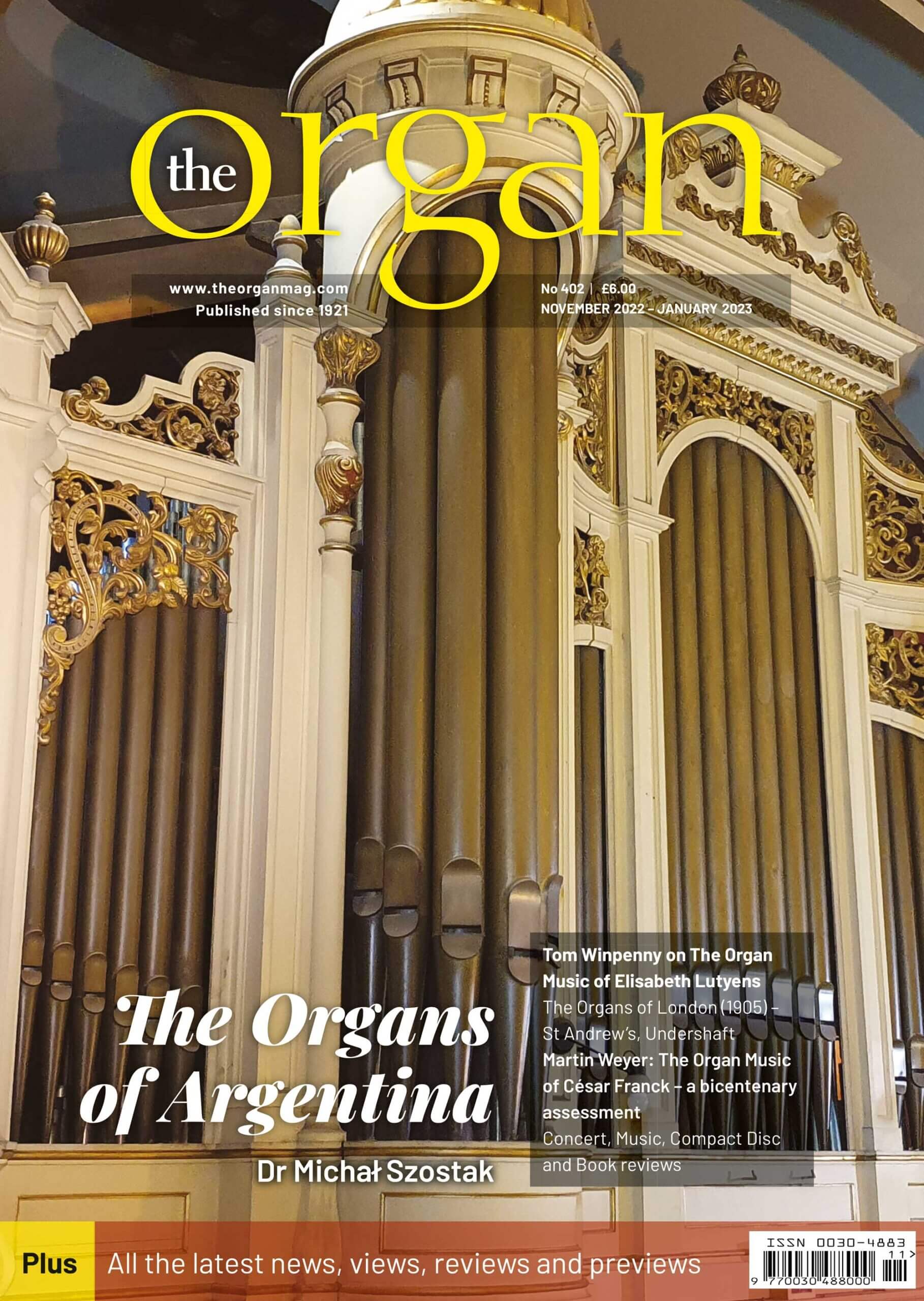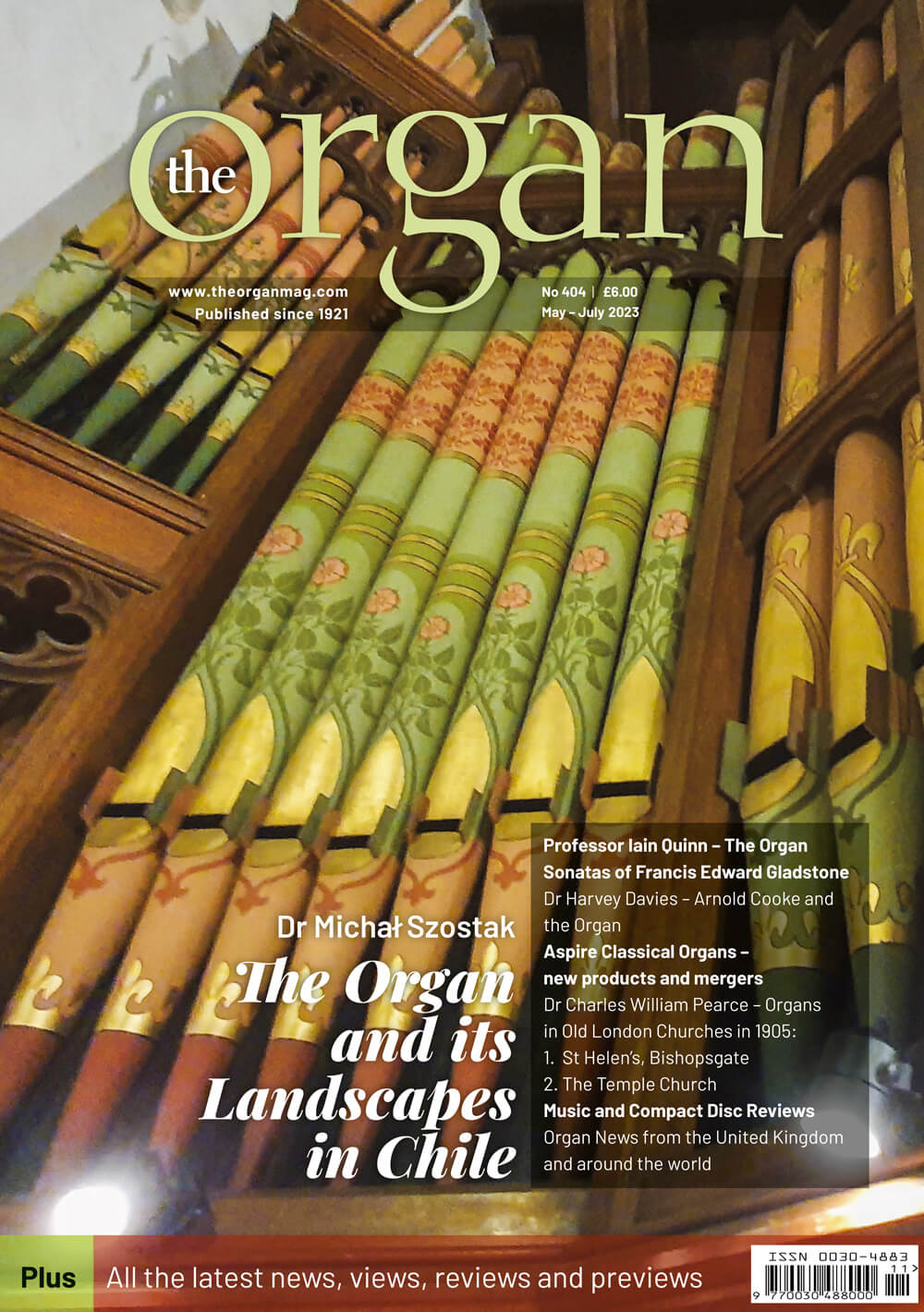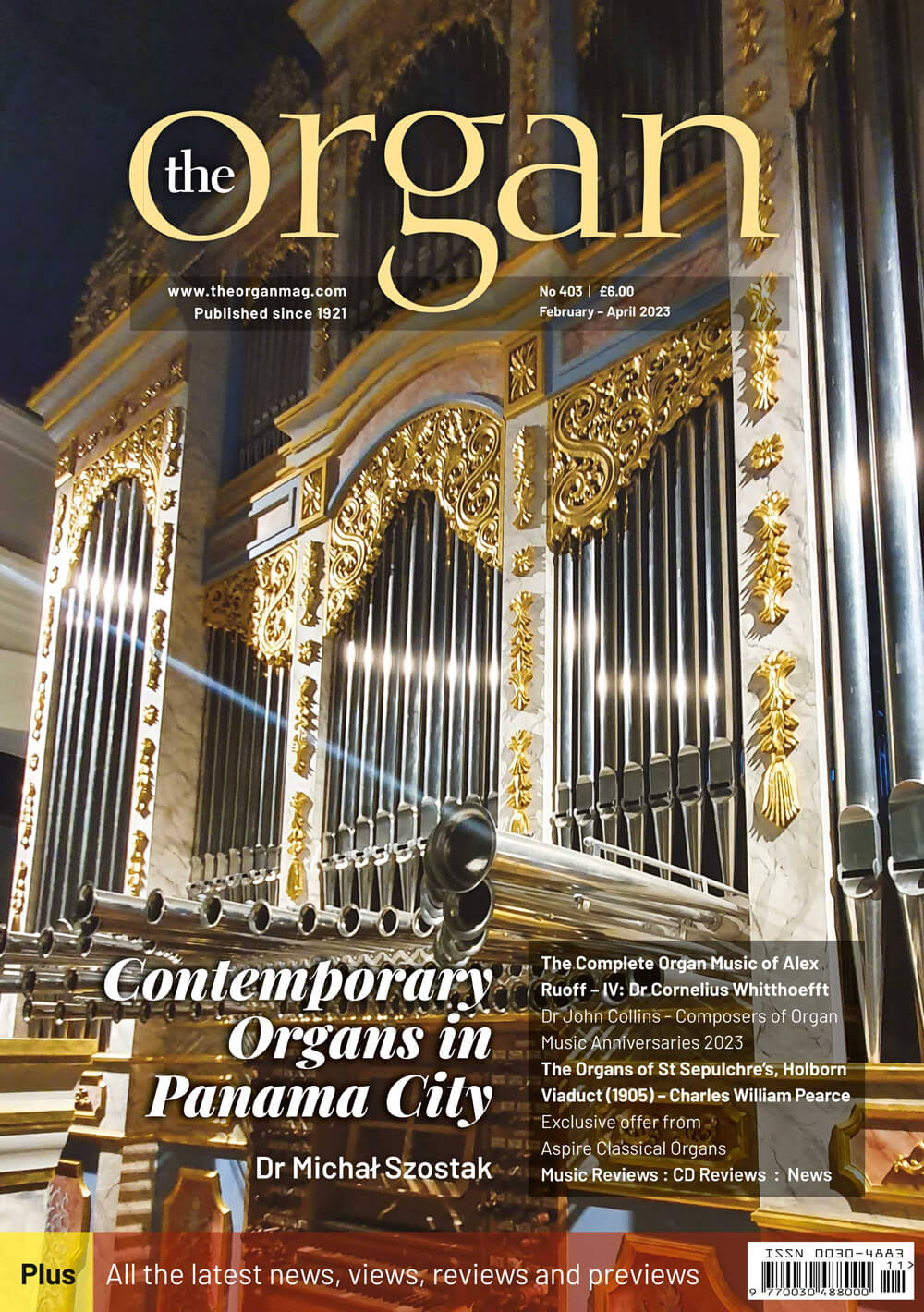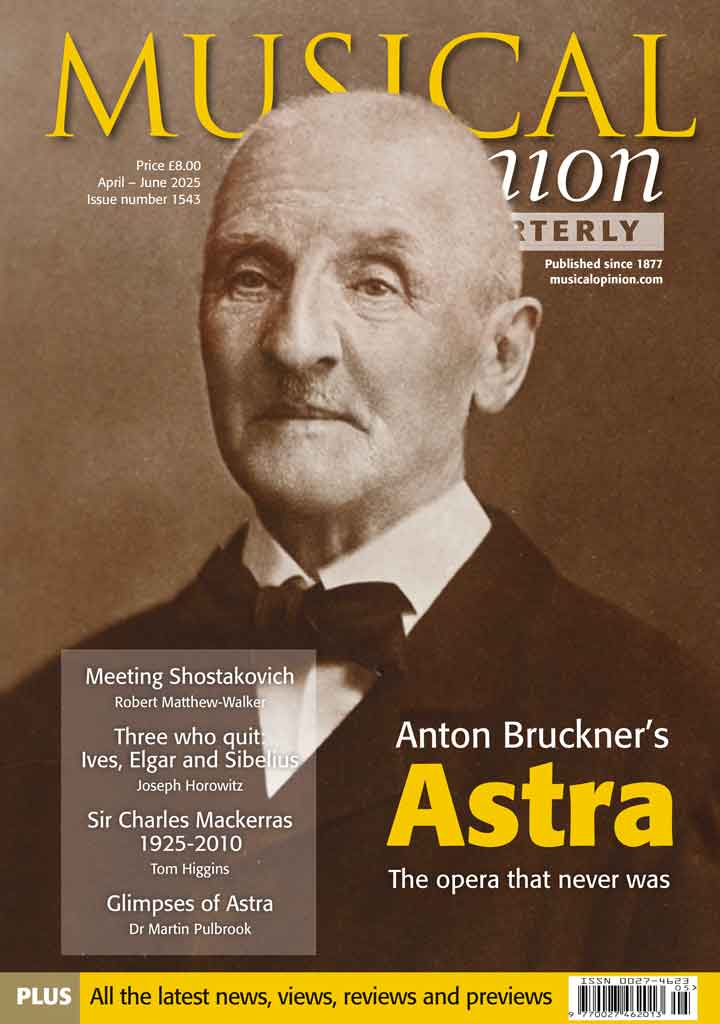

Current Issue
Previous Issues
Spring 2025. Issue 1541
Winter 2024. 1540
Autumn 2024. 1539
Summer 2024. 1539
Spring 2024. 1538
Winter 2023. 1537
Autumn 2023. 1536
Summer 2023. 1535.
Spring 2023. 1534.
Winter 2022. 1533.
Autumn 2022. 1532.
Summer 2022. 531.
Following the dispicable and illegal invasion of Ukraine, the Summer 2022 edition of Musical Opinion carries a large article about Sergei Prokofiev, arguably its most famous composer along with an overview of the Ukrainian classical music scene over the last one...
Spring 2022. 1530.
Winter 2021. 1529.
Autumn 2021. 1528.
Summer 2021. 1527.
Winter 2020. 1525.
Autumn 2020. 1524.
Summer 2020. 1523.
Spring 2020. 1522.
Explore By Topic
Spring 2021. 1526.
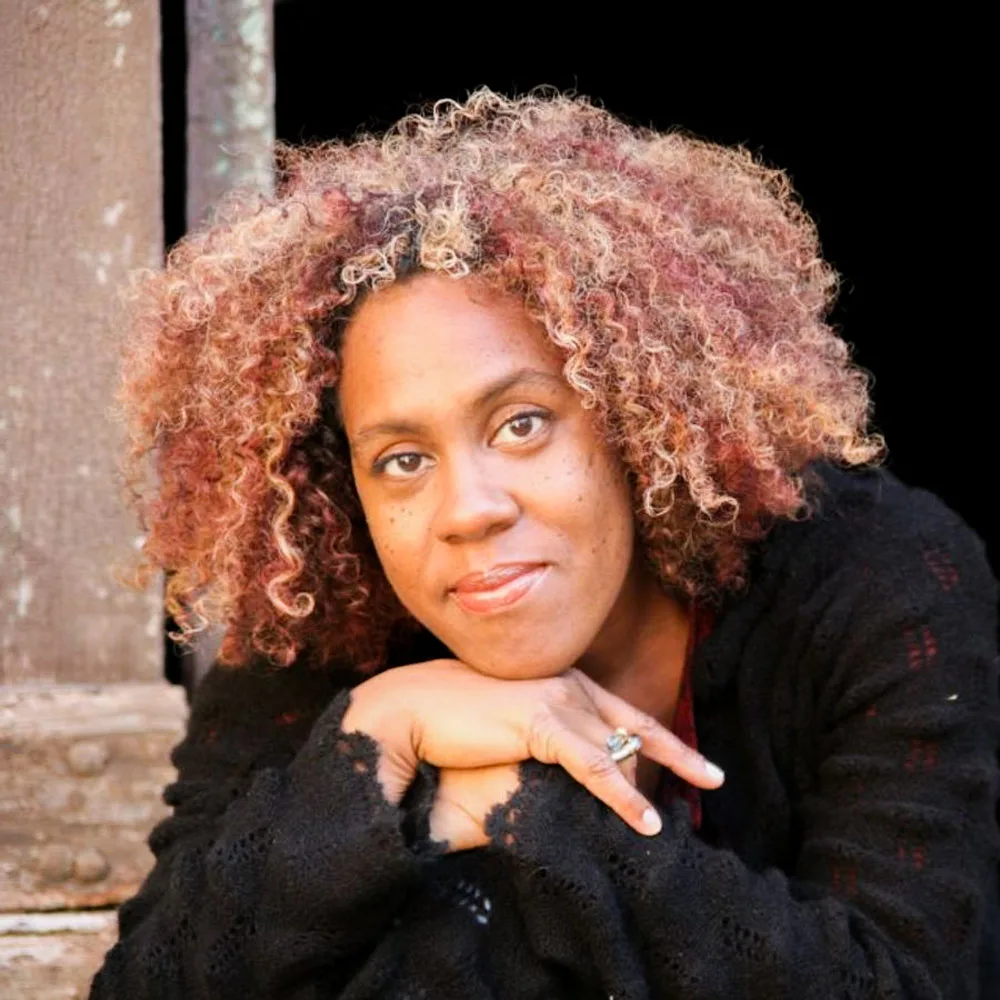
Spirit Symphony: the music of Errollyn Wallen
Paul Conway
‘To compose is, by definition, to juggle with uncertainties – constantly, between what one hears in one’s heard and what one actually writes down, between intent and result, between swagger and insecurity, between chaos and order and certainly, between pleasure and pain’. This honest dissection of her art by Errollyn Wallen reflects the balanced lucidity of her music. Among the most versatile and free-spirited of contemporary creative artists, she has a flair for lyrical melody and rhythmic inventiveness. Her scores frequently incorporate allusions to, or quotations from, pre-existing material, an approach dating back to her earliest acknowledged works such as the String Quartet no.1 of 1983, which she has called ‘a sort of backwards variation on a hymn tune’. This predilection for adopting and adapting pre-existing themes and models often involves reaching out across centuries and geographical boundaries to embrace warmly music of the past and music of diverse cultures in a spirit of communication, affiliation and reconciliation. Integral to her writing, such unselfconscious drawing together of different elements never dilutes her own distinctive voice, but serves to liberate and nourish it. Jazz-influenced popular songs, piano pieces, orchestral scores, chamber works and operas all feature prominently in her extensive and varied catalogue.
Born in Belize, Central America on 10 April 1958, she moved to London with her family when she was two years of age. During her early childhood, she immersed herself in the world of ballet. She also received piano lessons and wrote poems, winning a national competition judged by two of her favourite poets, Philip Larkin and Ted Hughes.
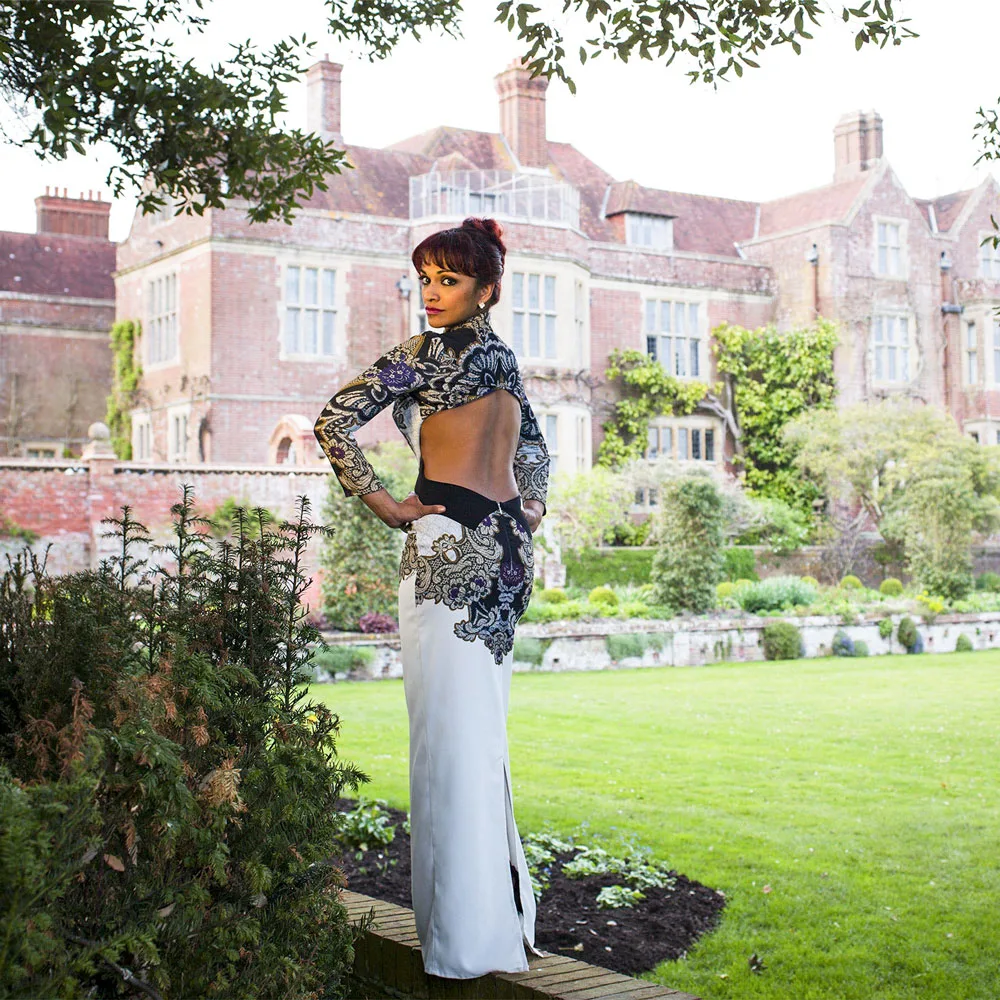
Opera for Beginners
By Roger Sanders
I love opera, any type of opera, tragic, sad, dramatic, glamorous, happy and frivolous. To hear great music and fabulous songs in a beautiful setting raises my spirits and is my best form of escape. It can be a romantic experience, the memory of which lasts for many years.
If you go to any town in Europe you will find that one of the most important buildings is the opera house usually supported by public funds. When I visited the Teatro Comunale in Bologna as a teenager to hear The Marriage of Figaro I was surprised to find that rather than dressing up for the occasion most people came with their families including young children. Many brought a picnic with them and gave quite a noisy appreciation of the performers. It is for many a way of life. Not so in the UK.
I’ve been an opera lover since childhood so it is rather disappointing when someone says they don’t like opera or it’s not for them. They must have heard the William Tell Overture and the Toreador song from Carmen hundreds of times without realising they came from great operas. Some people think it’s too expensive and others find language a problem. I will address these points in this article but first let me tell you a bit about my opera background.
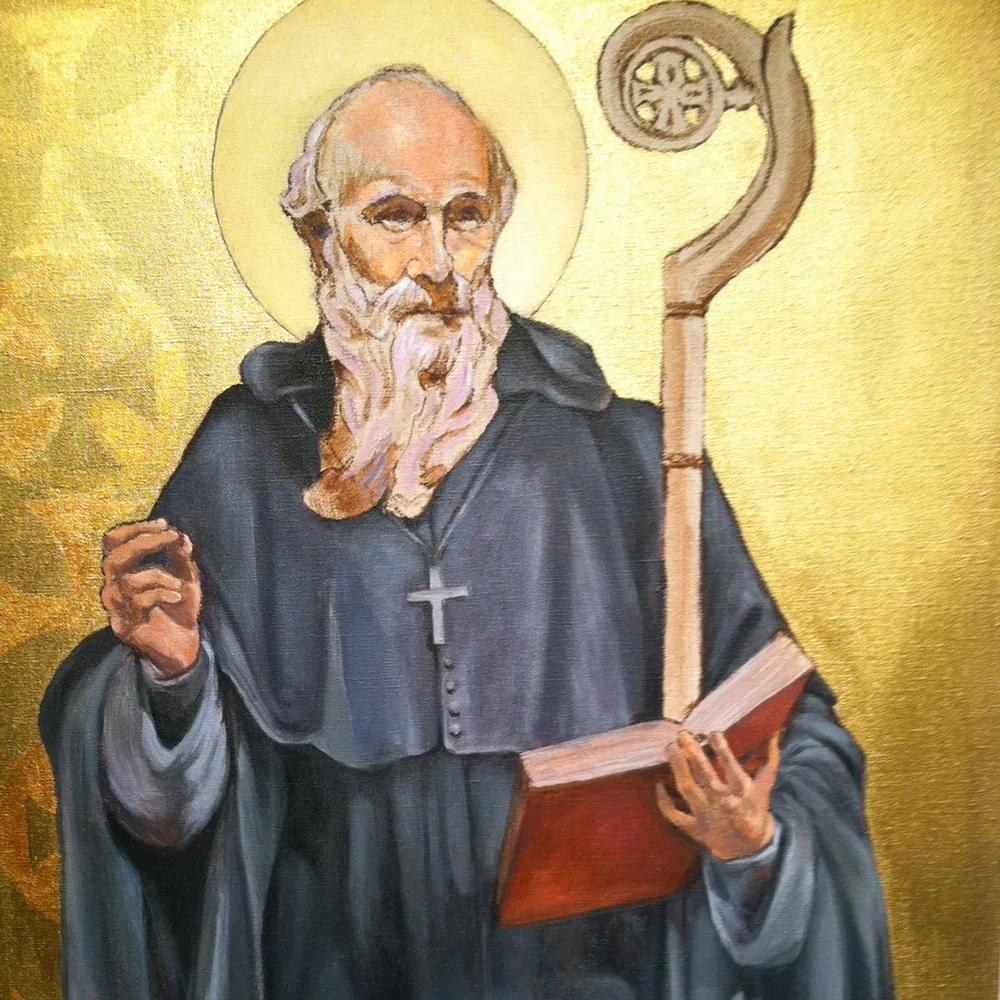
Moving from London – Part I
Howard Blake
Howard Blake details his musical journey in marking he Centenary of the Ditchling Choral Society in 2021.
In 1971 at the age of thirty-three I had become disenchanted and exhausted by a lucrative but insanely hectic career as a media composer, pianist and conductor in London. I decided I had to leave London – in an endeavour to rediscover my real self and my own true music. I dreamt of a quiet valley with bluebell woods, a lake and waterfall, meandering paths, a stream and wild birds singing – surely an impossible dream? But on a train down to Preston Park to visit my parents I opened ‘Sussex Life’ and there it was: Highbridge Mill, set in 5 acres of informal woodland, originally a watermill with wheel and machinery dating from 1810, lake, stream, waterfall and mill-pond.
I bought it and moved in, immediately composing a ‘Song for Four Woodwind’ to express joy at being in the countryside and getting an ad hoc quartet together to try it through.
Years later it was extended to form the ‘Serenade for Woodwind’ for Sir Neville Marriner and The Academy of St. Martin in the Fields. The curate of Holy Trinity dropped by and was very surprised that I had moved there on my own in order to write music, but his visit resulted in a commission to compose an Order for Holy Communion Series 3 which has been happily used there ever since. I found the people in the mid-Sussex countryside most friendly and welcoming.
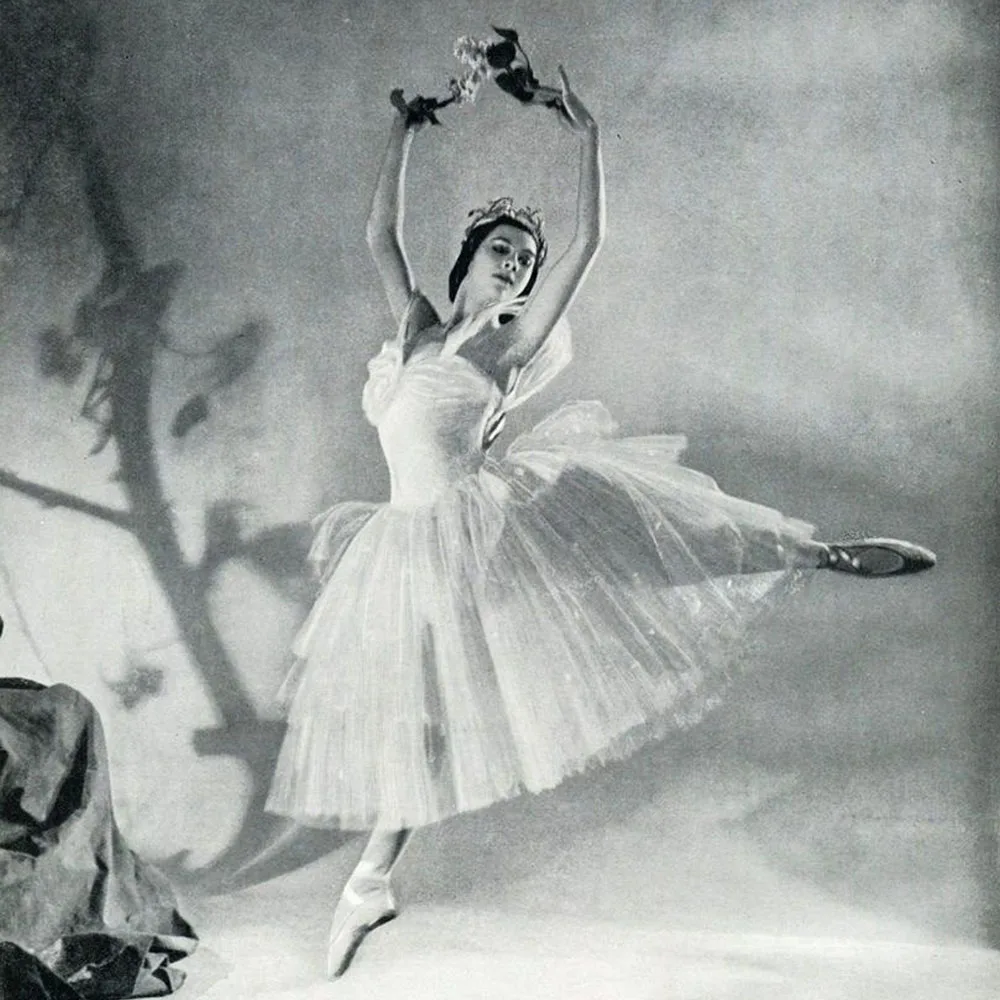
Fifty Years in the Arts - “Just deliver the line and get off”
Tony Barlow
As I try and write an account of a career that stretches back to the 1960’s, I have a sense that many will imagine that I have worked in classical music all my life. But there was a time before music, when I was known exclusively for my work in dance. First as head of Press for London Festival Ballet (now ENB) under Dame Beryl Grey, later in a similar capacity with Victor and Lilian Hochhauser on behalf of the Kirov and Bolshoi companies, and yet more years as a freelancer with the great Russian émigrés Natasha Makarova, Mikhail Baryshnikov and Rudolf Nureyev.
Then again, my initial love was the theatre, and having studied under Professor Hugh Hunt at the then brand new Drama Department at Manchester University, I fully intended to devote my career to the theatre. And following graduation, I ventured out into the theatre of the late sixties, with a bursary from the Arts Council to study theatre administration, which enabled me to work with some of the brightest talents around, and soon with some small talent of my own, a helping hand and a pinch of good luck, I was soon running my own theatre by the age of 26.

Pop Music at Sixty-Five: what, if any, will one day be admitted to the Temple of the Classical?
Graham Cunningham
Graham Cunningham asks if the generally perceived impermanence of some pop music may possess lasting qualities.
Most people who would consider themselves cultured – in its more conservative sense – would view the proposition that any music of the post rock-around-the-clock era is ‘culture’ to be patently absurd. These are people whose flirtation with pop music will have ended with their teens. In contrast there are those legions of the ‘progressive’ middle class who – intellectually trapped in a kind of permanent adolescence – will read with approval, in their Sunday supplements or on the BBC, peons to the latest ‘rap’ ‘masterpiece’ or some other such nonsense. What gets strangled in this polarised apprehension of the music of the post-war era is any idea of considering, on a case by case basis, the huge, yawning gulf that exists between the best 5% and the worst 95% of the era. The best is caught between this undiscriminating enthusiasm of hack journalism on the one hand and a high brow ex-cathedra blanket dismissal of pop trash on the other. In this way, discerning recognition of the best has tended to be drowned in the deluge of the worst. Can it really be the case that Western music’s deep reservoir of creativity had uniquely, by the middle of the 20th century, entirely run dry? This surely is somewhat at odds with a proper understanding of the history of human civilisation.
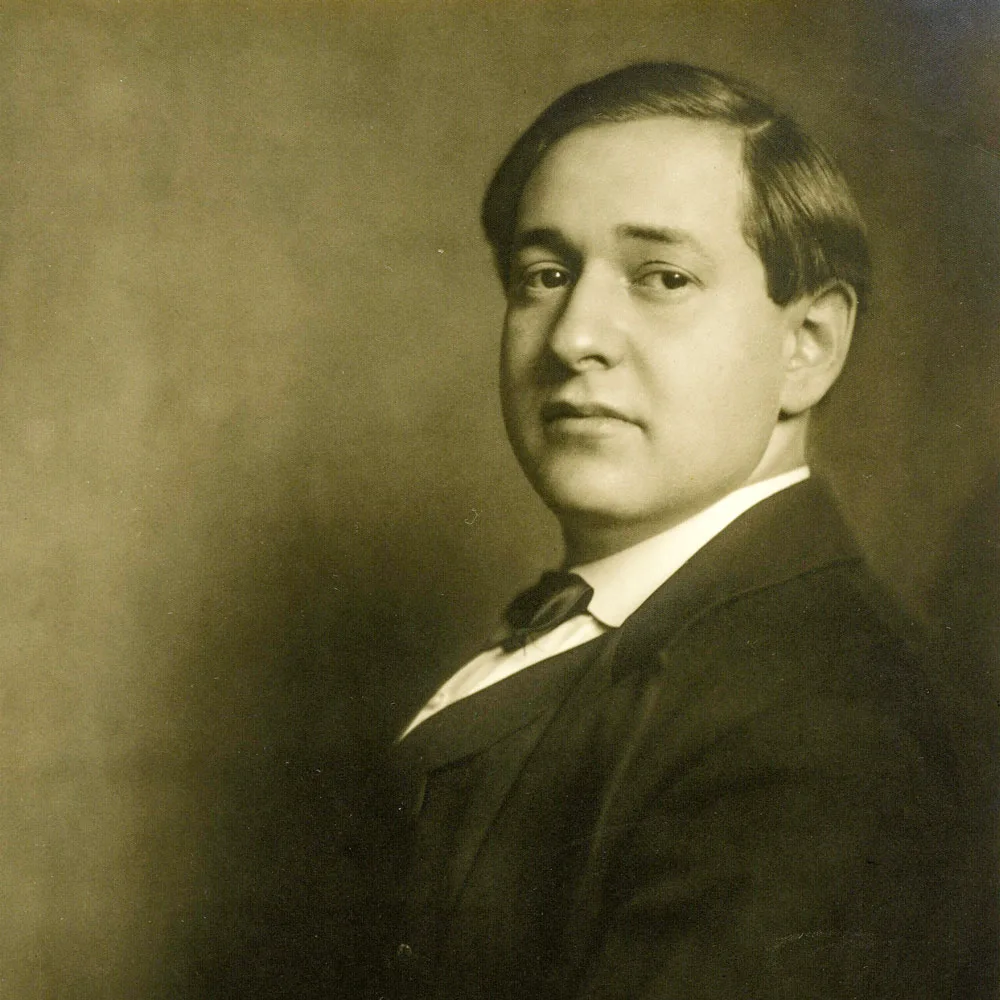
The Genesis of Erich Wolfgang Korngold’s opera, Die tote Stadt
Brendan G Carroll
Korngold’s most celebrated opera Die tote Stadt (The Dead City) was first performed a century ago and became the operatic sensation of the early 1920s. Korngold’s biographer Brendan G Carroll looks back at its performance history and its recent return to popularity.
The eminent Viennese critic and musicologist Dr Rudolf Stefan Hoffmann who wrote the first biography of Korngold in 1922, declared that : Erich Wolfgang Korngold’s early works dream of opera. Indeed, logically and with an eye to the theatre, his first orchestral composition was an overture to a play!
In fact, this flair for the dramatic had manifested itself far earlier. At the age of just ten, Korngold, an astonishing musical prodigy, composed a cantata entitled Der Tod (to a libretto by a school friend), and this was later to form the opening movement for a set of complex piano miniatures on the story of Don Quixote by Cervantes, which he completed at the age of 11.

